Description
Although, many people will say that Privacy is not an issue in Pakistani society but in practice they are so much concerned about it that ‘honor killings’ are, basically understood in cultural terms, the outcome of the breach of privacy of the family. In this changing world, these concepts of privacy are more easily understood when data is leaked or exposed in public. Privacy is defined narrowly in the constitution of Pakistan. There is a need to expand the scope of this concept as it is prevalent in the world. This book is an endeavor to debate this subject and to elicit how efforts to bring safety to society may lead to unwanted consequences.
This is my second book in two years which may be considered a sequel to “Safe and Smart Cities of Pakistan” published in September 2020. A considerable part of this book is derived from my research thesis for my doctorate of Business Administration from the University of Portsmouth, UK which was completed in May 2020. This research focuses on public preferences on the trade-offs between surveillance and privacy in public spaces in the context of Pakistan. Mass surveillance in Pakistan has begun from Lahore, the second largest city of the country, with the installation of more than 8000 cameras with intelligent features primarily to deal with multiple security and public safety issues. Punjab Safe Cities Authority is a government organization working under the Punjab Police responsible for the establishment and functioning of the Punjab Police integrated command, control, and communication centers in Punjab. However, the public was not consulted while the enforcement of this innovative technology-oriented project in Lahore. It was a vision of the Chief Minister of Punjab in the year 2015 and even earlier, which proved true, though. This research has strived to fill this gap in governance of security to explore the public preference of people in two cities, Multan and Rawalpindi, of Punjab through quantitative research and application of a discrete choice stated preferences model.
In this book, after the first chapter of the introduction, Chapters 2 and 3 give background and literature reviews about two key themes, privacy, and surveillance, and the legal framework around these concepts from national and international perspectives. Chapter 4 deals with the scope of the mass surveillance system in Lahore and explains the actual system and how it has the potential of affecting the privacy rights of people. Chapter 5 analyses the data protection procedures prepared by the architects of the system and which are being used in the Punjab Safe Cities Authority. Chapter 6 discusses the interaction and application of competing concepts of Privacy and Security in the Pakistani context and the cultural context of privacy as a right in Pakistan. Rather than making a subjective judgment, Chapter 7 explains the processes of eliciting public preferences about privacy and surveillance and the methodology of data collection for this research. Chapter 8 is the presentation of data collected from the cities of Rawalpindi and Multan and how each parameter is conceived by the participants of this research. Chapter 9 is the analysis of this data through quantitative techniques and explains the public policy options as a result of public preferences and the tradeoff between privacy and surveillance in public places. The book concludes with an assessment of the public preferences and trade-offs in the light of the legal and social environment of Pakistan which can be valid in other settings and a set of recommendations for policy makers who are interested in two important issues of security and/or privacy rights.

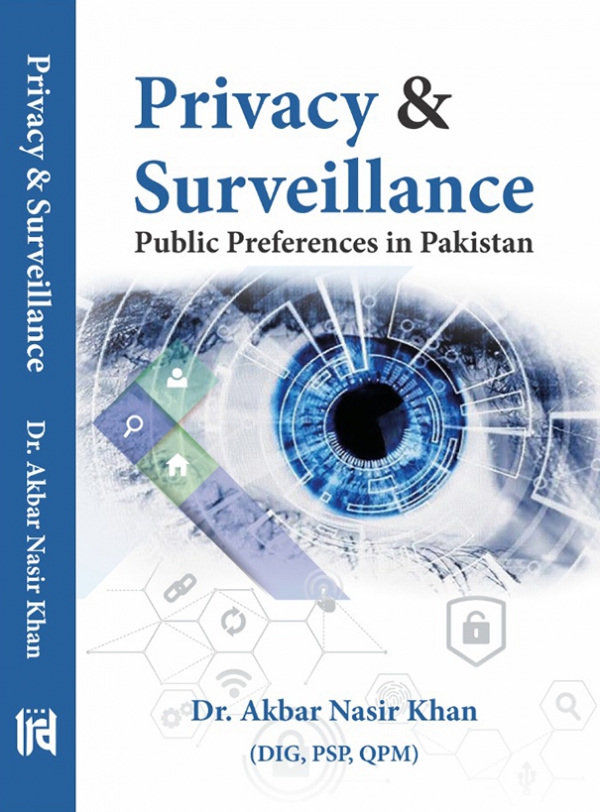

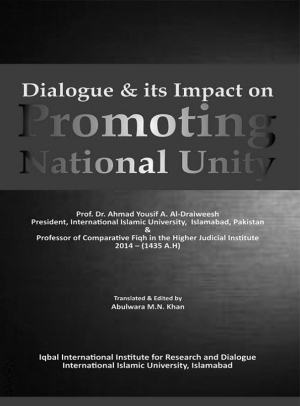
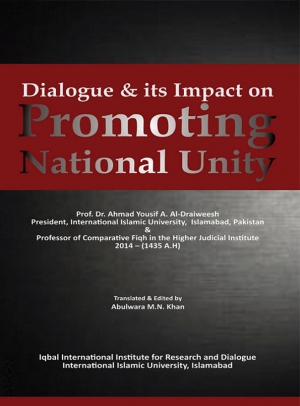
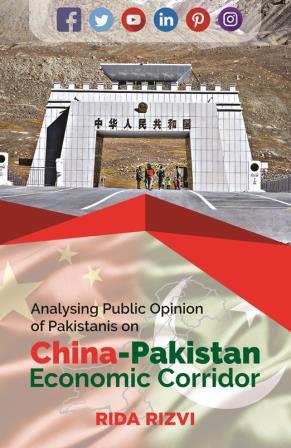
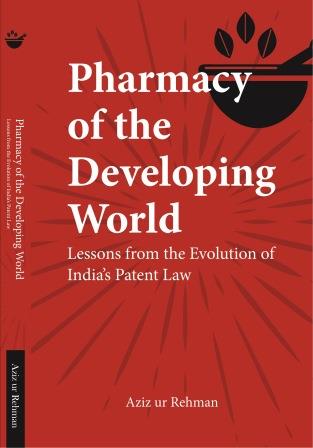
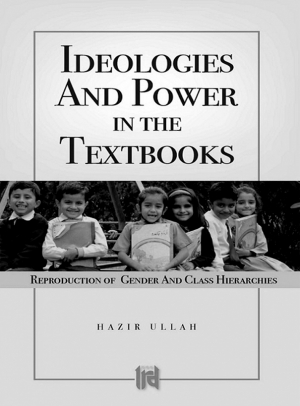
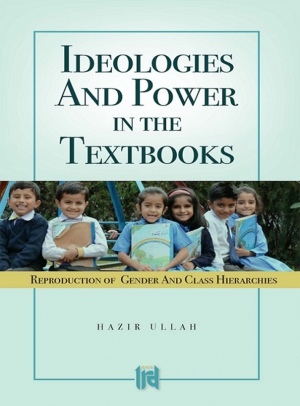


Reviews
There are no reviews yet.